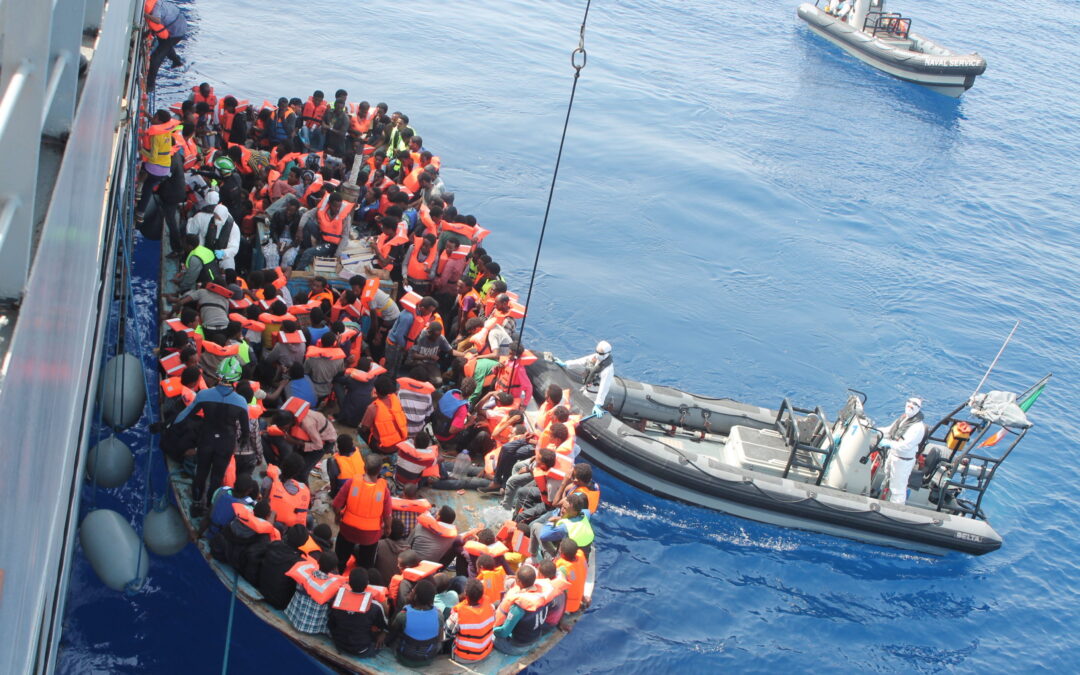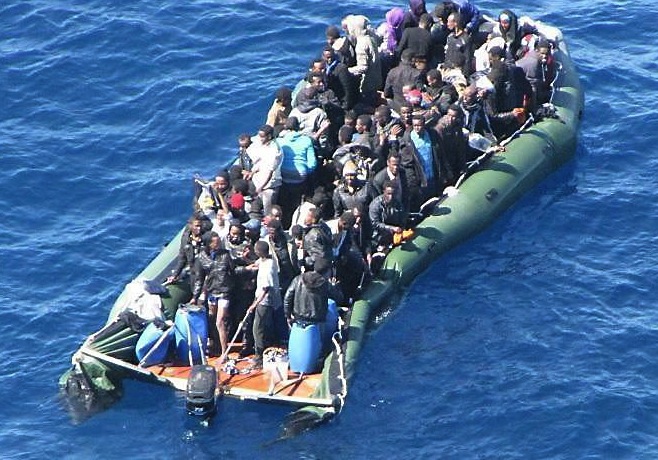
Greece: Government’s decision to close border violates international law – ICJ
The ICJ today called on the Greek authorities to withdraw their decision to close its border with Turkey for “national security” reasons as it constitutes a clear breach of the country’s obligations under international refugee and human rights law as well as EU law.
Prime Minister Kyriakos Mitsotakis has ordered the closure of the border with Turkey for “national security” reasons as thousands of refugees have been arriving at the border with Greece.
The ICJ said that the decision to close the border to migrants and refugees coming from Turkey breaches their right to seek asylum, the principle of non-refoulement and the prohibition of collective expulsion, which Greece must uphold under international human rights and refugee law and the EU Charter.
“Any violence and push-backs occurring at the border and at sea must stop and the persons responsible for acts of violence must be duly investigated and prosecuted. Respect for human rights principles that form part of the EU’s founding values require that refugees are not pushed back at the borded,” said Massimo Frigo, Senior Legal Adviser for the ICJ Europe and Central Asia Programme.
“Assistance should be centred on fostering access to asylum and not on strengthening border control where, in the current situation, EU authorities, such as Frontex, risk assisting in human rights violations,” he added.
The ICJ calls on the European Union to immediately set up a relocation plan with the Greek authorities to allow them to properly process asylum applications without placing refugees in dire reception conditions, such as those existing for refugees on the Greek islands.
The ICJ, together with ECRE and the Greek Refugee Council has launched a complaint against Greece before the European Committee of Social Rights on the degrading conditions of migrant children in Greece (ICJ and ECRE v. Greece).
Background
The movement of refugees comes after the declaration by President Recep Tayip Erdogan not to continue to retain on its territory Syrian refugees under the so-called “EU-Turkey statement”, following the armed conflict in Idlib (Syria).
Under this “statement”, Turkey had previously agreed to retain Syrian refugees on its territory and to accept Syrian refugees that reached Greek territory without their request of international protection being examined by the Greek authorities.
On the basis of the same “statement”, the EU had agreed to resettle some of the Syrian refugees in its Member States.
Contact
Massimo Frigo, Senior Legal Adviser, ICJ’s Europe and Central Asia Programme, t: +41 22 979 3805; e: massimo.frigo(a)icj.org





